Enabling Impact as a Community
ETA serves our members and our industry by focusing on the business of payments: identifying best practices, anticipating trends, and advancing our industry.
Building the Future of Commerce
We are stronger and more influential together. From our committee on Artificial Intelligence to our groundbreaking mentoring program, we are actively partnering with our members to find solutions, drive change, and build both the future of commerce and the next generation of payments leaders.
Expand Your Reach Through Leadership
Artificial Intelligence (AI) • Awards & Recognition • B2B • Bank • Compliance • Crypto • ETA CPP Credentialing • Investment Community • ISV • LATAM • Mobile Payments • Payment Facilitator (PayFac)• Payments Sales & Strategy • Retail Technology • Risk, Fraud & Security
Artificial Intelligence (AI) Committee
This committee focuses on how the payments industry uses AI to make payments more efficient and secure.
Who participates: This committee is for ETA members who focus on AI.
Meeting schedule: This committee meets on the second Tuesday of every month, 2:00 pm – 3:00 pm ET.
Example topics & outputs: Topics for discussion include how the payments industry uses AI, what types of AI are being used now, and how AI will be used in the future.
- Definitions of AI
- Future use cases for AI



Awards & Recognition Committee
This committee is responsible for the administration of the ETA Star Awards and ETA Forty Under 40. The committee may be called upon to determine new venues or forms of recognition as needed.
Who participates: Senior payments veterans interested in cultivating and giving visibility to industry leaders.
- ETA Forty Under 40
- ETA Star Awards
B2B Committee
This committee will serve as a dynamic forum for ETA members to propel advancements in the B2B payments sector, actively addressing technological advancements, network rule enhancements, data requirements, unique and complex payment workflows.
The committee will play a crucial role in keeping ETA members at the forefront of the ever-changing B2B payments landscape by facilitating the exchange of insights, providing strategic guidance, and ensuring continuous advancement in the B2B payments landscape.
Who participates: Professionals from financial institutions, fintech companies, and key stakeholders with specialized expertise in B2B payments and electronic transactions.
Meeting schedule: This committee meets on the first Wednesday of every month, 11:00 am – 12:00 pm ET.



Bank Committee


Compliance Committee
This committee provides a forum for ETA member to discuss the latest compliance issues facing the industry. From public laws and regulations to network rules, the committee helps ETA members stay ahead of compliance issues.
Who participates: Individuals in the legal or compliance department of ETA members.
Meeting schedule: This committee meets on the second Wednesday of every month, 11:00 am – 12:00 pm ET.



Crypto Committee
This committee assists members in building a strong understanding of the emerging cryptocurrency industry and associated technologies to help the payments industry stay current and relevant during this dynamic revolution.
Who participates: This committee is for payments professionals who work on and are interested in crypto.
Meeting schedule: This committee meets on the first Wednesday of every month, 3:00 pm – 4:00 pm ET.
Example topics & outputs
- The committee has created a 10-week immersive program with 45-minute modules. This hands-on experience will allow members to become immersed in crypto, blockchain, and the tech powering our future economy



ETA CPP Credentialing Committee
This committee assists in the development of the ETA CPP program by creating exam questions, developing exam preparation materials, updating current resources, and advocating for the program through marketing efforts. Members serve as ambassadors for the ETA CPP program, actively promoting registration and supporting the retention of current ETA CPPs.
Who participates: This committee is for current ETA CPPs within the fields of sales, operations, risk and underwriting.
Example topics & outputs:
- ETA CPP Exam
- ETA CPP Study Guide
- ETA CPP Marketing Materials

Investment Community Committee
This committee focuses on smart money flow in payments and technology trends driving investments.
Who participates: ETA members engaged in investment dynamics, including growth strategies, mergers and acquisitions, exit opportunities, and key market players of the payments industry.

ISV Committee
ISV Committee will focus on how ISVs are changing the payments landscape by providing increased capabilities and options for merchants.
Businesses, particularly small businesses, are increasingly using at least one value-added service, and interest is high in purchasing additional services. From fraud management to accounting solutions, the ISV Committee will focus on this growing and changing market.
Who participates: ISVs and those who work with ISVs to help make payments faster and more secure.
Meeting schedule: This committee meets on the second Tuesday of every month, 3:30 pm – 4:30 pm ET.


LATAM Committee
The LATAM Committee will advance the adoption of digital payments in Latin America, shape public policy, and strengthen efforts to fight fraud. Key areas of topics include increasing financial inclusion, access to technology, and advancing the level of digitalization among the population. The focus will be on the leading economies of the Latin American region: Mexico and Brazil.
Who participates: Member executives with an interest in growing payments in LATAM with a focus on Mexico and Brazil.
Meeting schedule: This committee meets on the third Tuesday of every month, 2:00 pm – 3:00 pm ET.
Example topics & outputs:
- Develop content TRANSACT Tech — LATAM

Mobile Payments Committee
This committee promotes the adoption and use of mobile payments, identifies ways to expand their use by developing content and leadership to educate merchants, consumers, and networks with players in the mobile payments ecosystem.
Who participates: This committee is for mobile stack developers, business development strategists, mobile security experts, and those interested in mobile payments.
Meeting schedule: This committee meets on the fourth Thursday of every month, 3:00 pm – 4:00 pm ET.
Example topics & outputs:
- Mobile Security
- NFC x Mobile Payments 101 — Why it’s Important for Business
- Latest Mobile Trends



Payments Sales & Strategy Committee
This committee provides a space for payments and fintech industry salespeople to discuss effective business practices, identify challenges, and exchange insights on recent developments and innovations affecting the payment sales channel.
Meeting schedule: This committee meets on the fourth Tuesday of every month, 2:00 pm – 3:00 pm ET.
Who participates: This committee is for payment salespeople, sales strategists, and those looking to differentiate, elevate, and improve the payments sales experience to partners and clients.
Example topics & outputs:
- Interchange Optimization
- Guide for Payments Salespeople
- EMV Petrol Compliance


Retail Technology Committee
This committee promotes the convergence of traditional point-of-sale (POS) and integrated commerce, identifying relevant technologies and businesses to advance connected commerce. The committee stays abreast of the latest retail trends and has taken on the mandate to support payments education for small and medium-sized businesses (SMBs).
Meeting schedule: This committee meets on the third Tuesday of every month, 3:00 pm – 4:00 pm ET.
Who participates: This committee is for VAR & ISVs, retail management professionals, card brands, marketing wizards, fintech professionals, creative minds, and payments professionals invested in SMBs.
Example topics & outputs:
- Effective marketing of payments innovations
- Resources for SMBs
- Rise of new trends like BNPL, Soft POS, QR codes


Risk, Fraud, and Security Committee
This committee develops thought leadership, best practices, and recommendations in the areas of risk, fraud, and security. It provides education to its members to ensure they remain current on issues related to risk monitoring, fraud prevention, data security, and compliance within the payments industry.
Who participates: This committee is for underwriters, cybersecurity experts, compliance professionals, security advisors, and individuals who work adjacent to these roles to protect the payments ecosystem.
Meeting schedule: This committee meets on the fourth Wednesday of every month, 4:00 pm – 5:00 pm ET.
Example topics & outputs:
- High Risk Merchants
- ETA Underwriting Guidelines
- Cybersecurity


Payments Facilitators (PayFac) Committee
This committee serves as a forum for payments and fintech salespeople to discuss effective business practices, identify challenges, and exchange insights on recent developments and innovations affecting the payment sales channel.
Who participates: This committee is for individuals with an interest in payment facilitation (PF), payment facilitators (in all their forms and stages of development), marketplaces, sponsor banks, card brands, PF service providers, risk and compliance professionals, and others committed to the development of the PF ecosystem.
Meeting schedule: This committee meets on the first Friday of every month, 11:30 am – 12:30 pm ET.
Example topics & outputs:
- ETA Payment Facilitator Guidelines
- Latest trends in payment facilitation
- Defining roles and terms in the PF ecosystem
- Guide to Sales Tax Laws Impacting Payment Facilitators



“The AI Committee understands the power of AI goes beyond technology and is reshaping our industries, societies, and economics. Our committee’s value lies in our ability to guide transformation and spread knowledge to others.”
— Kevin Shamoun, ETA AI Committee Chair, SVP Product & Innovation, Fortis
The Next Generation of Leaders
The ETA Young Payments Professional (ETA YPP) Scholar Program in partnership with Discover® Global Network gives high-potential young industry professionals access to valuable resources, knowledge, and experience that will help develop the next generation of payments leaders.
Frequently Asked Questions About Committees
Additional questions? Please contact Scott Talbott at [email protected].
What is the difference between a committee and a council?
ETA committees are industry groups comprising volunteers from ETA member companies. These committees typically meet monthly to discuss broad topics relevant to the payments and fintech industries, with sub-working groups delving into more technical issues.
ETA committees serve as hubs for thought leadership, networking, and the creation of resources and educational materials for the payments ecosystem. They are inclusive forums where senior members of payment and fintech companies, technical experts, business developers, industry shapers, and lifelong learners can participate.
ETA councils, on the other hand, are open advisory groups that offer insights and leadership on various payments issues to external stakeholders. They enable members to contribute to policy development, research projects, and other industry-related initiatives.
ETA council membership is an open enrollment process, available to all ETA members who have interest in the council. ETA council participants are typically people who have interest in staying up to date on legislative and regulatory issues impacting our industry.
ETA hosts the Large Processor Council. This is a special Industry Affairs council by appointment only.
Who can participate in a committee?
Participation in an ETA committee lasts for the entire calendar year. Committees and their working groups typically convene once per month for meetings that include roundtable discussions or presentations relevant to the committee’s topics, as well as updates from the working groups.
What is the purpose of an ETA committee?
Committees allow ETA members to share knowledge, have a platform for thought leadership, and develop educational content for the payments and fintech industry.
How do committees work, how often do they meet, also what is the time commitment of participation?
Participation on an ETA committee lasts the full calendar year. Committees and their working groups typically meet once per month. Meetings typically consist of a roundtable discussion/presentation that is relevant to a topic of that committee and working group updates.
Who can chair an ETA committee?
ETA Industry Affairs committees are chaired by senior leaders in the payments and fintech industry who typically have been members of that committee for years prior.


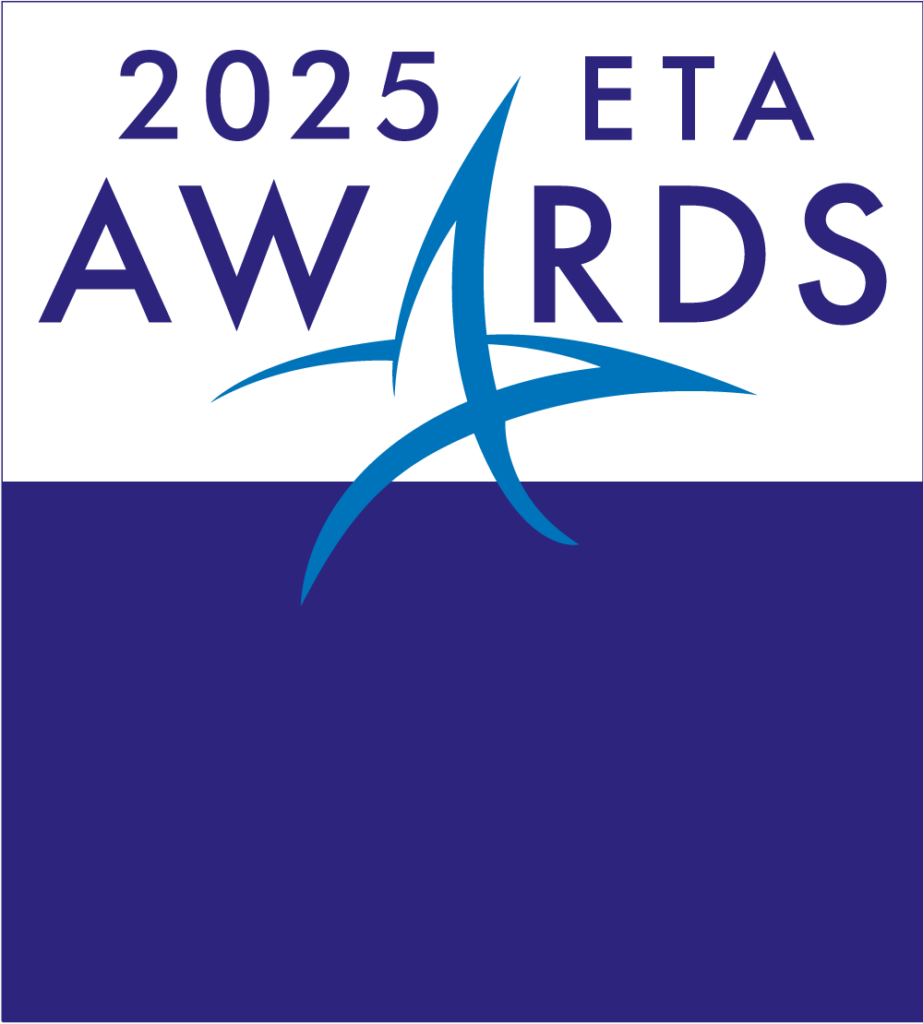
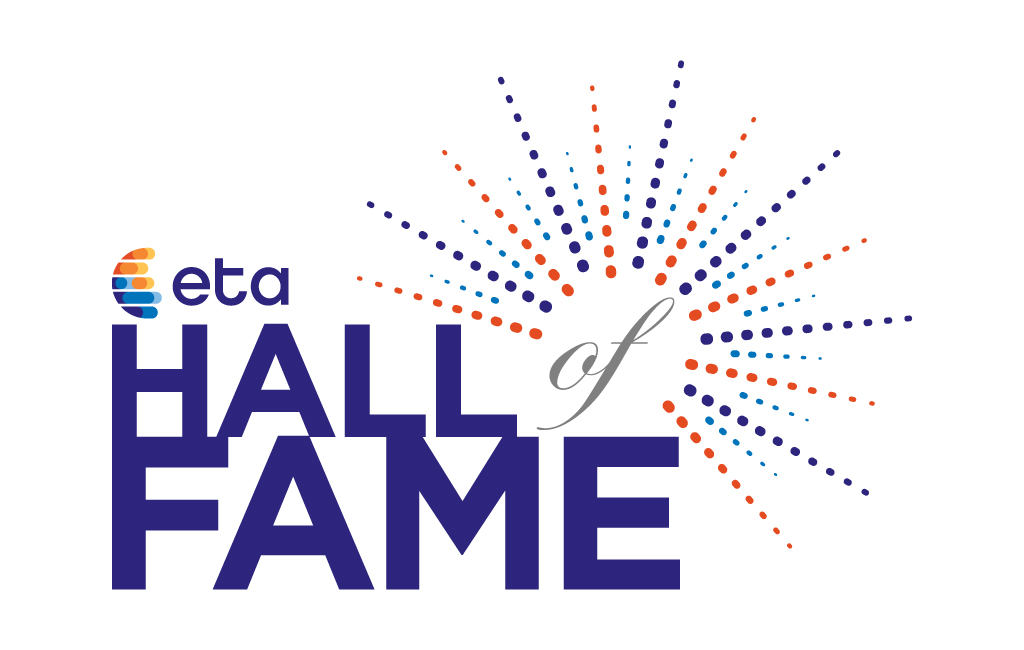
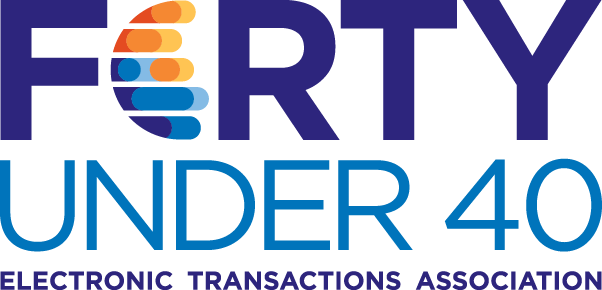

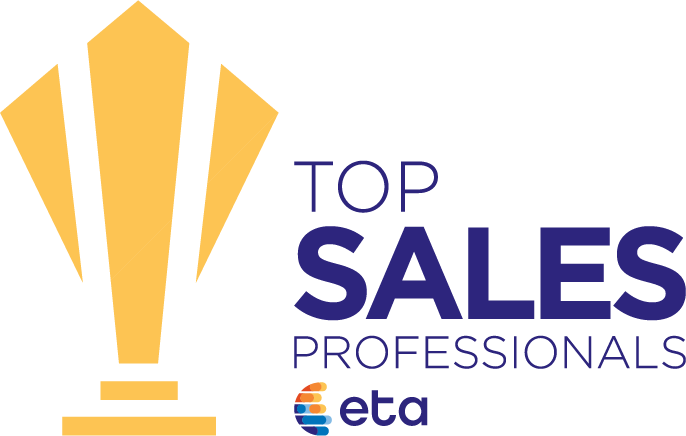
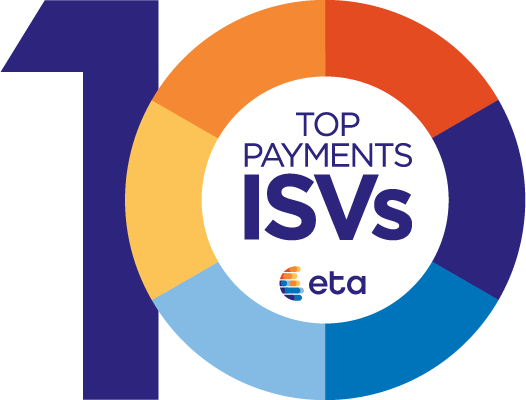
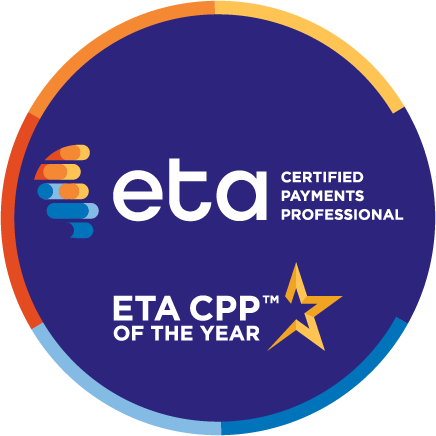
This committee focuses on pressing issues facing the banking sector, including banking compliance, the payments landscape and its intersection with industry players, and best practices in business development.
Who participates: This committee is for business development professionals at ETA member banks.
Meeting schedule: This committee meets on the third Tuesday of every month, 1:00 pm – 2:00 pm ET.
Example topics & outputs:
Join the committee.